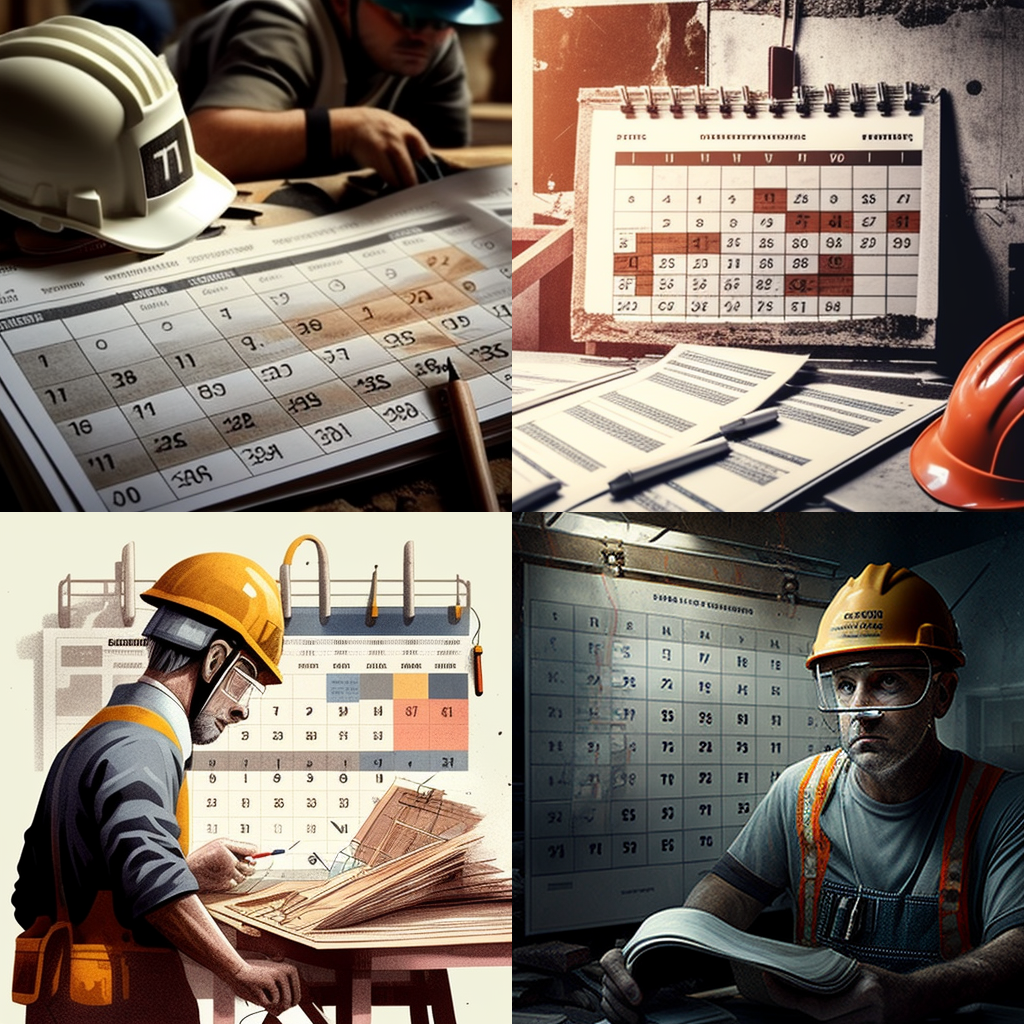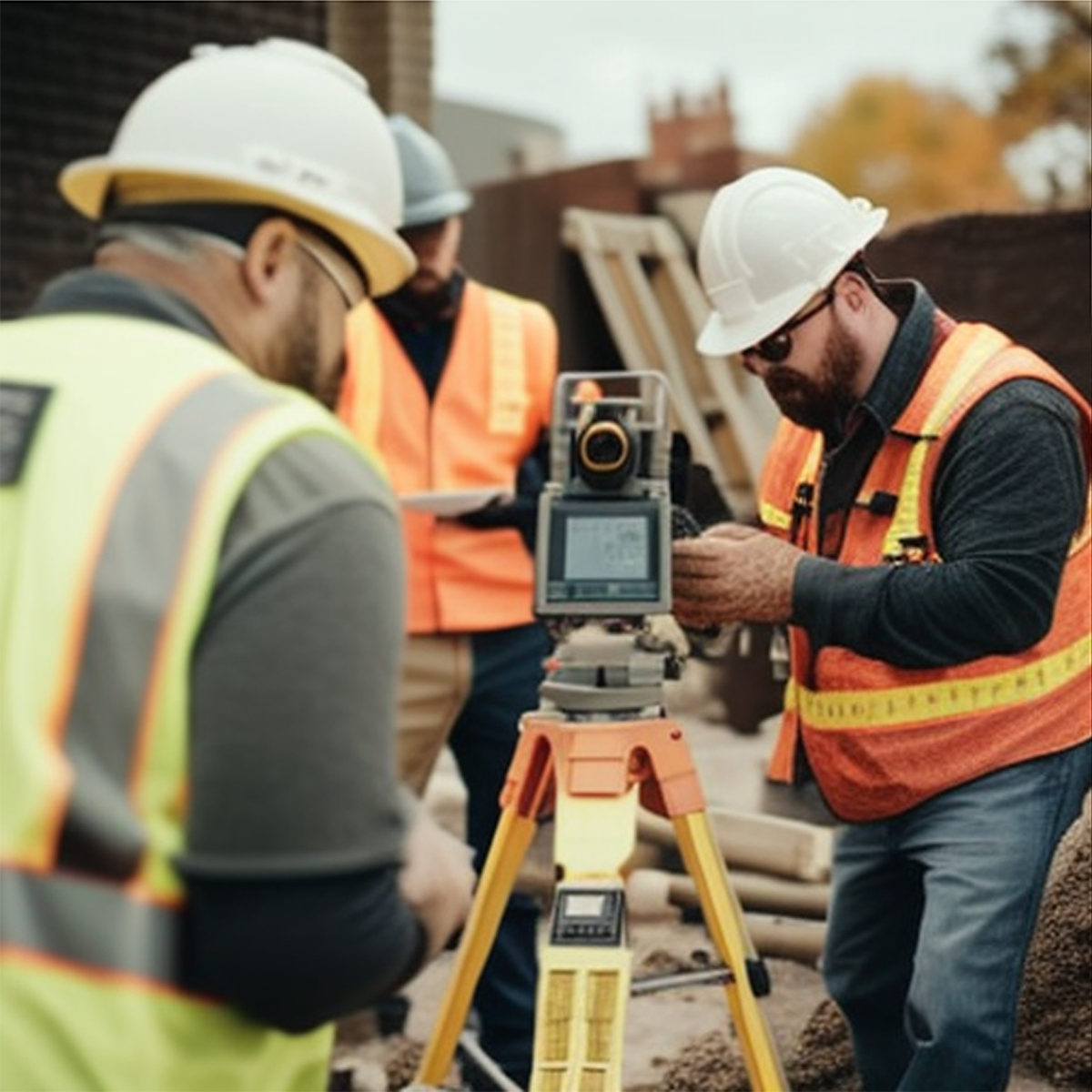What Effect Will AI Have on Construction?
Modern AI technology has a range of applications in the construction industry, enhancing efficiency, safety, and productivity. Here are some top uses of AI in construction:

- Predictive Analytics: AI algorithms can analyze historical data and current project parameters to predict potential risks, delays, and cost overruns. This helps project managers make informed decisions and take proactive measures to mitigate issues before they arise.
- Generative Design: AI algorithms can generate multiple design alternatives based on specified parameters and objectives. This enables architects and engineers to explore a wide range of possibilities and identify optimal designs that balance functionality, cost, and aesthetics.
- Construction Planning and Scheduling: AI can optimize construction schedules by considering various constraints, such as resource availability, weather conditions, and dependencies between tasks. This helps in efficient allocation of resources, minimizing downtime, and improving overall project timelines.
- Autonomous Equipment and Robotics: AI-powered robots and autonomous equipment can perform repetitive or dangerous tasks with high precision and accuracy. This includes tasks like bricklaying, concrete pouring, and site surveying. It improves safety on construction sites, speeds up construction processes, and reduces the risk of human error.
- Quality Control and Defect Detection: AI algorithms can analyze images and sensor data to identify defects, anomalies, and deviations from design specifications. This enables real-time monitoring of construction processes and ensures adherence to quality standards, reducing the need for manual inspections.
- Smart Energy Management: AI can optimize energy consumption in buildings by analyzing data from sensors and building management systems. It can identify patterns, predict energy demand, and optimize HVAC systems to improve energy efficiency and reduce operating costs.
- Safety Monitoring: AI can analyze video feeds from construction sites to identify potential safety hazards, such as workers not wearing appropriate protective gear or unsafe behavior. This helps in ensuring compliance with safety protocols and preventing accidents.
- Supply Chain Optimization: AI algorithms can analyze historical data, market trends, and supplier information to optimize procurement, inventory management, and logistics. It helps in reducing costs, minimizing delays, and ensuring the availability of materials and equipment when needed.
These are just a few examples of how AI is transforming the construction industry. As the technology continues to advance, it is likely to have an even greater impact on construction processes, making them more efficient, cost-effective, and sustainable.
